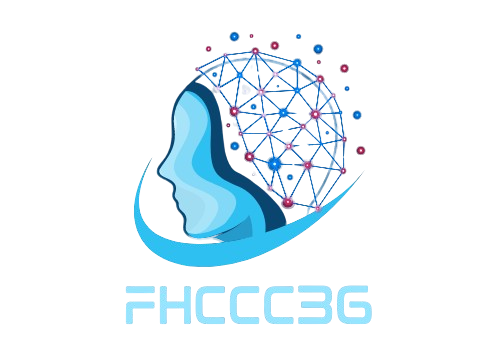In an era characterized by technological advancements, the concept of home automation has rapidly transformed from a futuristic idea into an integral part of modern living. With innovations like smart devices, artificial intelligence, and the Internet of Things (IoT), the automation of household tasks and systems has revolutionized the way we interact with our homes.
The Essence of Home Automation
Home automation encompasses a vast array of technologies designed to streamline and enhance various aspects of home life. It’s not just about convenience; it’s about creating smarter, more efficient, and safer living spaces. From adjusting room temperatures to controlling lighting, security cameras, entertainment systems, and even kitchen appliances, home automation systems empower homeowners to manage their environments remotely and intelligently.
Key Components of Home Automation
Smart Devices and IoT Integration
Central to home automation are smart devices that communicate with each other through IoT technology. These devices include smart thermostats, lighting systems, locks, cameras, speakers, and more. They collect and exchange data, allowing users to control and automate them remotely via smartphones or voice commands.
AI-Powered Systems
Artificial Intelligence (AI) plays a pivotal role in modern home automation. AI algorithms learn user preferences and adapt systems accordingly. For instance, AI-powered thermostats can adjust temperatures based on Best Home Automation Companies in Kerala occupants’ habits and external weather conditions, optimizing energy efficiency.
Voice Control Interfaces
Voice assistants like Amazon’s Alexa, Google Assistant, and Apple’s Siri have become commonplace in many households. These interfaces enable seamless control of smart devices, offering hands-free convenience and accessibility.
Energy Efficiency and Sustainability
One of the significant benefits of home automation is its potential to reduce energy consumption. Smart systems can monitor and regulate energy usage, leading to more efficient heating, cooling, and lighting, thereby reducing utility bills and environmental impact.
Enhanced Security and Safety Measures
Home automation has significantly bolstered home security. Smart locks, surveillance cameras, and motion sensors can be integrated into a comprehensive security system. Additionally, features like automatic alerts and remote monitoring provide peace of mind to homeowners, even when they’re away.
The Future of Home Automation
The evolution of home automation continues to push boundaries. As technology advances, we can expect even more sophisticated and integrated systems. Future developments may include:
- Increased Interconnectivity: Devices from different manufacturers becoming more compatible and interconnected, allowing for seamless integration.
- Augmented Reality (AR) and Virtual Reality (VR): Integration of AR/VR technologies for immersive experiences within smart homes, aiding in design, maintenance, and entertainment.
- Predictive Analytics: Utilizing data analytics and AI to predict and preempt household needs and issues, further enhancing automation and convenience.
- Health and Wellness Integration: Smart systems that monitor and assist in maintaining occupants’ health, from air quality sensors to health-related data tracking devices.
Challenges and Considerations
Despite its immense potential, home automation also raises concerns about data privacy, cybersecurity, and the digital divide. Safeguarding personal information and ensuring that these systems remain accessible and usable for all demographics are critical challenges that need continual attention.
Conclusion
Home automation has undeniably transformed the way we live, offering unparalleled convenience, efficiency, and security. As technology continues to advance, the possibilities for creating smarter and more connected homes are boundless. However, it’s crucial to approach these advancements thoughtfully, ensuring that they remain accessible, secure, and respectful of users’ privacy. Home automation represents not just a technological evolution, but a shift towards a more interconnected, efficient, and personalized way of living.
